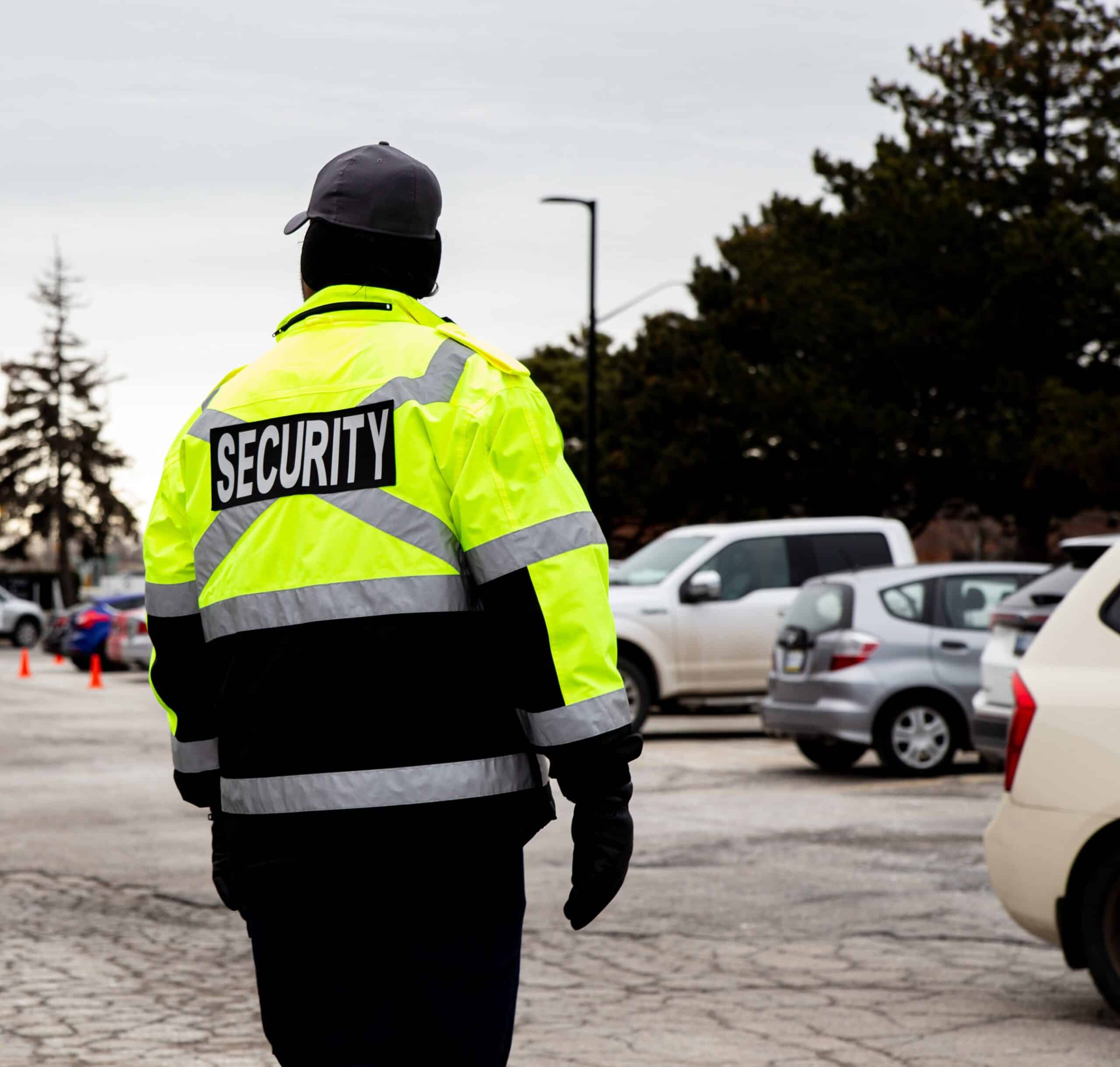How to handle security deposits in Florida – rules and best practices for landlords – Guest Post

Embarking on the journey of being a landlord in Florida brings with it the responsibility of handling security deposits with finesse. It’s not just about collecting funds; it’s about understanding the rules and adopting best practices to ensure a fair and lawful leasing process. In this comprehensive guide, we’ll unravel the intricacies of managing security deposits in the Sunshine State, providing landlords with the essential knowledge and best practices to create a seamless and trustworthy relationship with their tenants. Welcome to a roadmap that turns potential pitfalls into a pathway for successful landlording in Florida.
Understanding Florida’s Security Deposit Laws
Florida’s statutes, notably § 83.49, dictate the rules around handling security deposits. These guidelines exist to safeguard both landlords and tenants and must be adhered to for a legally sound leasing process. Familiarize yourself with these regulations to establish a transparent and compliant approach in your rental agreements.
Maximum Deposit Amount
While Florida doesn’t impose a maximum limit on security deposits, it’s essential to remain reasonable. Charging an exorbitant amount can dissuade potential tenants and lead to legal complications. Strive to set a deposit that aligns with market standards and is fair to both parties.
Handling Security Deposits
Upon receiving a security deposit, Florida law requires landlords to deposit the funds into a Florida banking institution. Separating these funds from personal finances is crucial to avoid legal complications. Additionally, landlords must provide tenants with written notice of the bank’s name and address where the deposit is held within 30 days of receiving it.
Providing Receipts
While not explicitly required by law, issuing a receipt for the security deposit is a good practice. This simple step can prevent disputes over the deposit amount and contributes to a transparent landlord-tenant relationship.
Condition of the Property
Documenting the property’s condition before a tenant moves in is a proactive measure to avoid conflicts later on. A comprehensive move-in inspection checklist, including photographs, serves as valuable evidence in the event of disputes over damages and ensures a fair assessment when returning the security deposit.
Deadline for Returning Deposits
Florida landlord-tenant law mandates that landlords return the tenant’s security deposit within 15 to 60 days after the lease terminates, depending on deductions. Communicate any deductions in writing, providing an itemized list of charges along with receipts for repairs or cleaning services.
Deductions and Itemized Lists
Landlords can only deduct from the security deposit for specific reasons outlined in Florida law, such as unpaid rent or damages beyond normal wear and tear. It’s essential to provide tenants with an itemized list of deductions and any remaining balance within the specified timeframe.
Legal Ramifications for Non-Compliance
Failure to comply with Florida’s security deposit laws can lead to legal consequences. Landlords may face legal action if they wrongfully withhold a security deposit or fail to provide the required notices. Tenants may be entitled to additional damages in such cases.
Best Practices for Landlords
To facilitate a smooth security deposit process, landlords should establish clear communication with tenants from the start. A detailed lease agreement outlining terms and conditions related to the security deposit is crucial. Maintaining records of all communications, transactions, and property documentation ensures a comprehensive and transparent process.
Seeking Legal Counsel
In situations of uncertainty or escalating disputes, seeking legal counsel is a wise course of action. Consulting with an attorney experienced in Florida real estate law can help navigate complex issues, ensuring compliance with regulations and protecting the rights of both landlords and tenants.
Conclusion
As we conclude our guide to navigating the world of security deposits in Florida, remember that adherence to rules and the adoption of best practices form the cornerstone of successful landlording. By understanding and implementing these guidelines, landlords can cultivate transparent relationships with tenants, avoiding legal pitfalls and fostering trust. As you embark on your journey in the Sunshine State’s real estate landscape, may your approach to security deposits be harmonious, ensuring a symphony of success in every landlord-tenant relationship.





Recent Comments